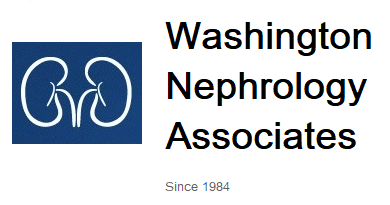
What is End Stage Kidney Disease?
End Stage Renal Disease occurs when the kidneys lose function to the point where they cannot keep you healthy and feeling well on their own. People with ESRD need dialysis or a kidney transplant. We offer dialysis services in Pendleton, Easley, Greenville, Greer, Lyman, Simpsonville, and Laurens.
Causes
The most common causes of ESRD in the United States are diabetes and high blood pressure, but there are other causes as well. These include cystic diseases, vasculitis, lupus, drug reactions, tumors, and others.
Symptoms
Kidney failure may not be noticeable at first because signs and symptoms are similar to other illnesses. Over time, you may see effects caused from the body retaining water such as swelling in the face, ankles, legs, and throughout the body.
Other symptoms and signs include:
- Shortness of breath
- High blood pressure
- Unexplained weight loss or weight gain
- Anemia
- Nausea and/or vomiting
- A general sense of discomfort and unease
- Feeling very tired and weak
- Headaches that seem unrelated to any other cause
- Decreased mental sharpness
- Muscle twitches and cramps
- Metallic taste
- Yellow to brown skin
- Persistent itching
- Pain below the rib cage
Treatments
There are several options for treating kidney failure.
1. Hemodialysis
2. Peritoneal dialysis
3. Kidney transplant
Ask your doctor which treatment would be best for you. We support all options for patients who have failing kidneys and work with you to find the best solution to your dialysis needs.
Things to Remember
- Your kidneys filter wastes from your blood and regulate other functions of your body.
- When your kidneys fail, you need treatment to replace the work your kidneys normally perform.
- Your three choices for treatment are hemodialysis, peritoneal dialysis, and kidney transplantation.
- The choice you make will affect your diet, your ability to work, and other lifestyle options.
- You have the right to refuse or withdraw from treatment if you choose.
- Medicare and Medicaid pay much of the cost of treatment for kidney failure.
To Learn more about kidney disease, so you can feel more in charge of your health and thrive, you can take a Kidney Care Education Class. The class covers:
- Symptoms and stages of chronic kidney disease (CKD)
- Eating well with kidney disease
- Coping and getting support
Other Educational Resources:
National Kidney Disease Education Program
